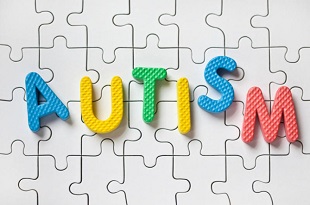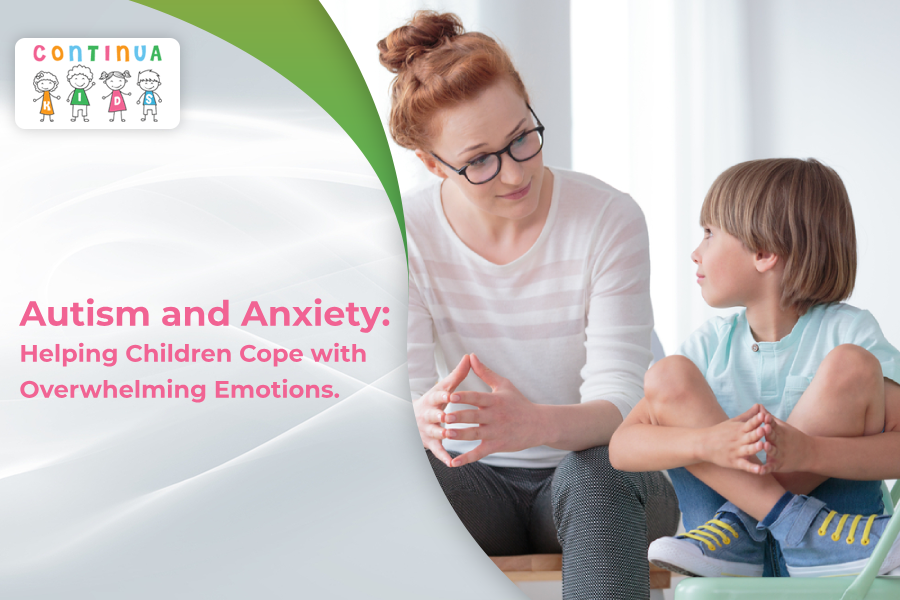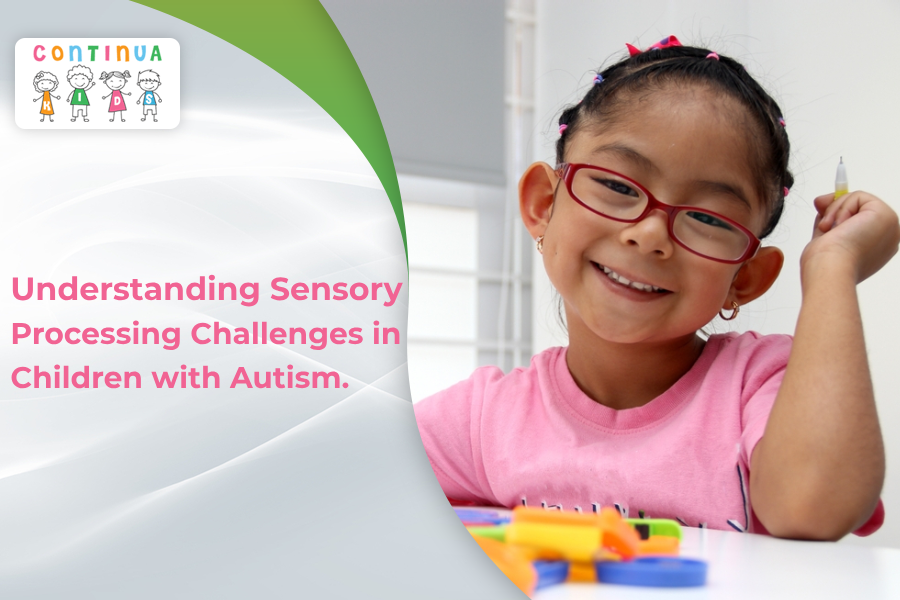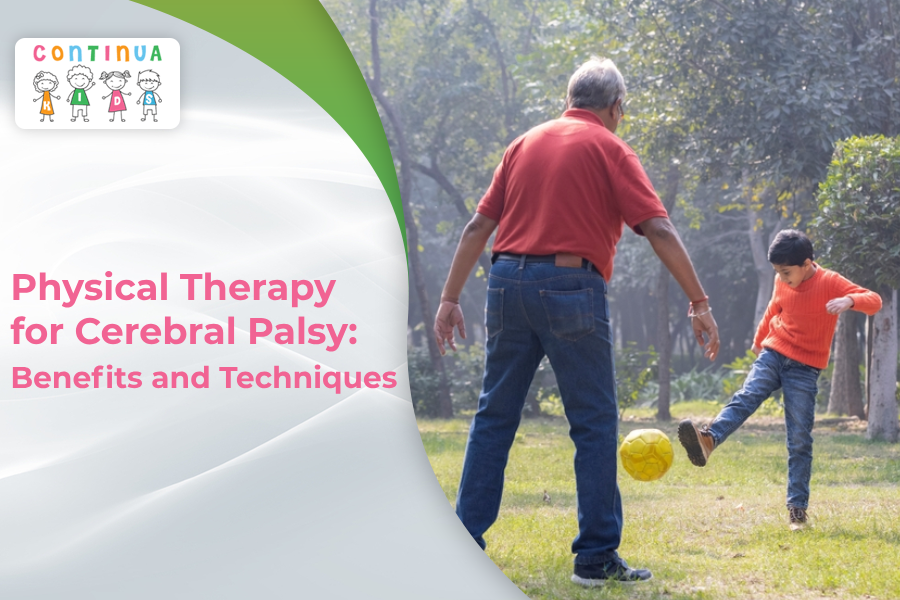Intervention should begin as early as possible, even while evaluation for a definitive diagnosis is ongoing. Management should be provided through interdisciplinary teams, coordinated by a Developmental Pediatrician/Pediatrician and should include a Child neurologist or psychiatrist, Clinical Psychologist, Occupational Therapist, Speech and language therapist, Special educator.
Many interventional models are established, such as Behavioral models (e.g., Applied Behavior Analysis or ABA), Structured teaching (e.g., The Treatment and Education of Autistic and related Communication handicapped Children or TEACCH), Integrated programs that use a combination of strategies within the treatment program.
A good educational program for autism depends on the child’s chronological age and developmental level, specific strengths and weaknesses and family needs. A recommended program should preferably have 1:1 or 1:2 (child to therapist ratio), individualized for each child and with an interdisciplinary team that documents evaluation and intervention. A minimum of 25 hours per week of intervention is critical for effectiveness. Ongoing program evaluation and adjustment is necessary.
Inclusion in normal school is the goal of educational management; though, it needs to be rationalized and practically implemented based on individual situation.
An appropriate Individualized Educational Plan (IEP) is central in providing effective service e.g., Early Start Denver Model, and the Treatment and Education of Autism and related Communication handicapped Children (TEACCH) program
Psychopharmacologic interventions
Medication should always be used in conjunction with appropriate behavioral and environmental interventions.
Methylphenidate improves symptoms of hyperactivity and inattention in children with Autism Spectrum Disorder, and may also have beneficial effects on social communication and self regulation.
Risperidone is the most commonly used drug for the treatment of maladaptive behaviors in children with Autism Spectrum Disorder.
Potential treatments for repetitive behaviors in children with Autism Spectrum Disorder include SSRI, clomipramine, atypical antipsychotics and valproate.
Sleep concerns: Many children with Autism Spectrum Disorder have sleep disturbances, including late onset, frequent waking and restlessness The evaluation of sleep disturbances in children with Autism Spectrum Disorder should include a thorough sleep history and screening for obstructive apnea and other sleep disorders. It is important to ensure appropriate sleep hygiene. Behavioral interventions to decrease sleep disturbances should be used, before considering pharmacologic interventions Melatonin is recommended for patients with Autism Spectrum Disorder who have difficulty falling asleep and staying asleep, despite appropriate sleep hygiene and behavioral or environmental interventions.
Gastrointestinal problems: The frequency and types of gastrointestinal (GI) disorders in children with Autism Spectrum Disorder are similar to those in children without Autism Spectrum Disorder. GI disorders in children with Autism Spectrum Disorder generally should be managed in the same way as in children without an Autism Spectrum Disorder.
There is no evidence for the effectiveness of complementary/ alternative therapies and counseling should be done of caregivers to not opt for these therapies.




